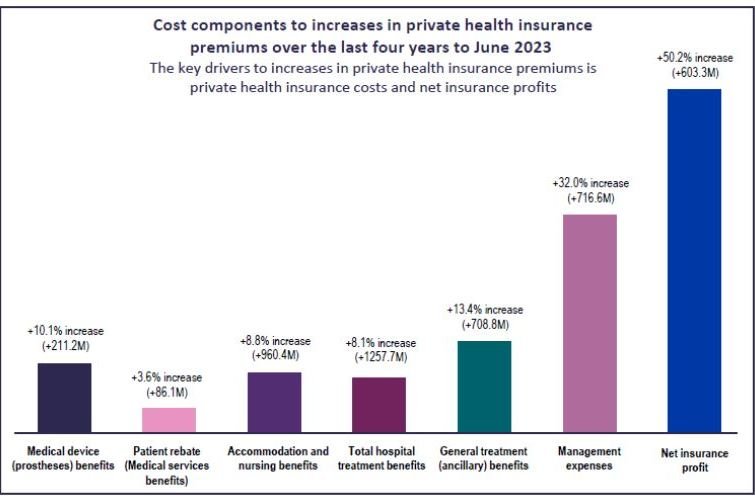• NRMA Insurance has launched “The Help Economy” ™ to track and value acts of everyday help in Australia
• In 2020 there were 31 million acts of help valued at $30 billion; but the true potential could be more than $43.5 billion once restrictions ease
NRMA Insurance today launched The Help Economy™, an inaugural report that has revealed in 2020 Australians provided $30 billion dollars of unpaid help to friends, family, or their communities.
The report, created by NRMA Insurance with research and analysis by PwC Australia, places a financial value on The Help Economy, which is defined as formal help, informal help and the value of help received.
The Help Economy in 2020 consisted of 31 million ‘acts of help’ performed by people supporting others outside their homes. It includes $16 billion of value in formal help, like charity work or volunteering, and $14 billion of informal help, such as unpaid childcare, emotional support or helping others with domestic work.
With the nation recovering from the emotional and financial impacts of the pandemic and natural disasters, 74% of Australians believe, now more than ever, that there is a need to help others. The reality that natural disasters are happening more often means help is growing in importance as a vital resource and will become increasingly valuable for people, communities and the nation.
The pandemic impacts our ability to help
In 2020, lockdowns, coupled with natural disasters, made it harder for Australians to help, with 42% of people stating they were unable to provide the help that they wanted to. When COVID-19 related lockdowns end, the Help Economy could increase in value from $30 billion today to $43.5 billion.
NRMA Insurance’s Safer Communities Executive General Manager, Ramana James, said there’s never been a more important time to help, wherever you can.
“The Help Economy report proves that acts of help are the backbone of the nation’s communities and people rely on that support every day,” Mr James said.
“It also highlights the importance of help in building more resilient communities, especially in the toughest of times as we’ve seen over the past 18 months with disasters ranging from bushfires to storms, floods and a global pandemic.”
“Helping a friend or neighbour has never been more important, and while pandemic restrictions have made helping harder, there’s still plenty you can do, like signing up to volunteer or dropping over a cooked meal to a friend or family member to make their day easier.”
PwC Australia’s Chief Economist, Jeremy Thorpe, said: “When we talk about economic activity, we tend to focus on Australia’s gross domestic product, which only counts goods and services that are bought and sold. That means the most used measure of our economic welfare ignores the value generated by formal volunteering and informal help. This undervalues the benefits of less formal, non-traded activities.
“The Help Economy report is placing real value on help and will enable us to track the economic value of such everyday kindness and goodwill.”
Informal Help
Informal help, such as helping trim your neighbour’s branches before storm season, is sometimes perceived as having a higher value by those receiving it; compared to formal help such as being a community sport coach. The research in The Help Economy report shows that ’emotional support’ was the most common informal help provided last year by 4.6 million people, valued at $3.3 billion.
The next most common forms of informal help were ‘teaching and providing advice’ (provided by 2.4 million people and valued at $2.4 billion), ‘domestic work’ (provided by 4.3 million people and valued at $2 billion) and ‘unpaid childcare’ (provided by 2.4 million people and valued at $1.9 billion).
How we’re helping differently across the country
The report also uncovered the different ways people help across the country. Australia wide in 2020, acts of formal help are larger than informal help by 14% ($16 billion versus $14 billion respectively). Queensland was an exception, where the informal help economy ($2.8 billion) was 22% larger than the formal help economy ($2.3 billion). Queenslanders were more likely to provide domestic work to help others, including DIY maintenance and gardening, as well as running errands.
In NSW, the informal help economy ($4.5 billion) was 21% smaller than the formal help economy ($5.7 billion), following the national trend. Victoria’s informal help economy ($4.4 billion) was 57% larger than its formal help economy ($2.8 billion), likely due to the three major COVID-19 lockdowns they faced in 2020 that acted as a significant barrier to organising and participating in formal help.
A simple act of help, like running an errand for a neighbour or friend, can go a long way.







